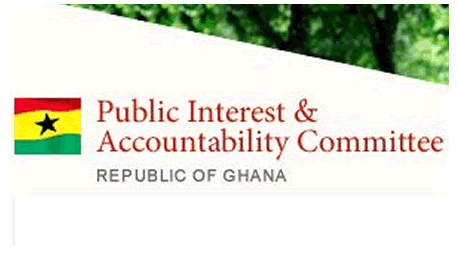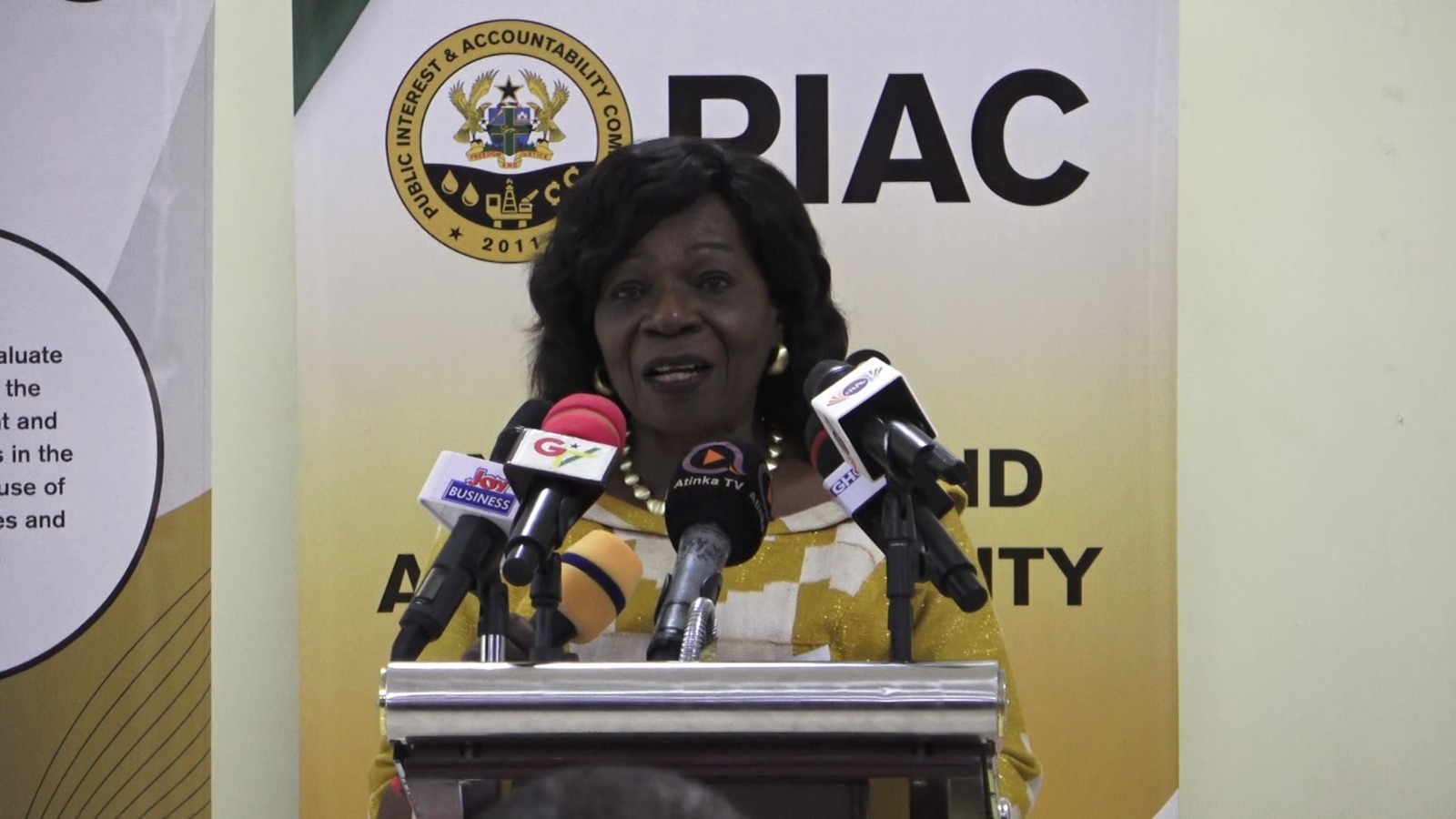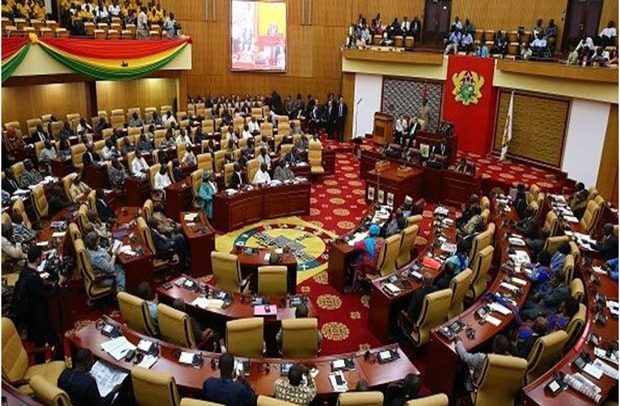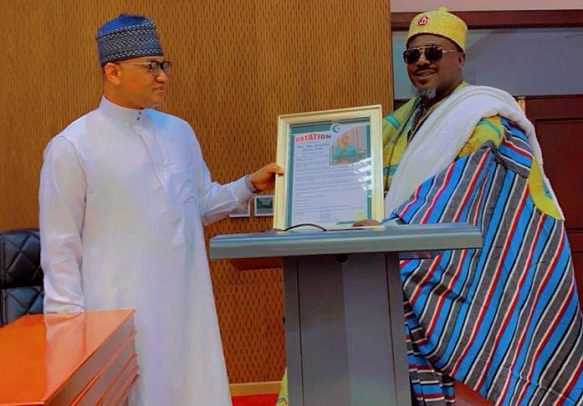
The Public Interest and Accountability Committee (PIAC) has published its Semi-annual Report on the management of petroleum revenues for the first half of 2018 on its website www.piacghana.org. This is in fulfilment of Section 56 of the Petroleum Revenue Management Act (PRMA), 2011 (Act 815).
The Committee is drawing attention to the fact that, its report is being released three months late, and is without the Annual Budget Funding Amount (ABFA) expenditure data for the period.
This is because, the Ministry of Finance failed to honour PIAC’s request for the data in question, in good time for its inclusion in the Committee’s analysis.
The initial data request, which was for revenue and expenditure, was made in a letter dated July 17, 2018 and addressed to the Minister of Finance.
The Ministry in response provided only the revenue data, leaving out the expenditure component.
After several verbal reminders to staff of the Ministry, the Committee followed up with a letter dated October 4, 2018 reminding the Minister that, his delay in providing the requested data had caused PIAC to slip on the deadline for filing its semi-annual report, and urged him to treat the matter with utmost urgency.
This reminder also went unheeded. On 7 November 2018, at the hearing of PIAC’s 2017 Annual Report by the Finance, Mines and Energy Committees of Parliament, PIAC brought to attention, the non-response of the Ministry of Finance to its request for expenditure data.
In spite of promises by the Ministry to provide the data immediately after the hearing, it was not until December 17, 2018 that the expenditure data was supplied, by which time the report had been finalised.
PIAC therefore blames the Ministry of Finance for the Committee’s inability to comply with the statutory timelines for its report, and for the exclusion of the ABFA expenditure analysis from the report.
While the Committee intends to continue bringing to public notice all reporting entities who fail to respond timeously to its request for data, it is of the view that, a more sustainable way of eliminating the incidence of delays or non-compliance with it’s requests for data, will be the institution of sanctions through future amendment to the Petroleum Revenue Management Act.
The following are the highlights of the findings of the 2018 half-year report:
- There was no lifting by the Ghana National Petroleum Corporation (GNPC) in respect of Carried and Participating Interest (CAPI) from the Sankofa Gye-Nyame Field, as the Partners lifted the Corporation’s share to offset its indebtedness in respect of unpaid cash calls.
- Even though Ghana National Gas Company (GNGC) received US$46,342,944.10 as proceeds from gas revenues, it made no payment to GNPC in respect of gas supplied, for which reason no gas receipts were realised in the Petroleum Holding Fund (PHF). The GNGC explained that it used the realised revenues to cover its operational cost.
- For the first time, the Ghana Stabilisation Fund (GSF) received more than the Annual Budget Funding Amount (ABFA), and it is the highest since the commencement of petroleum production in Ghana.
- The Ghana Infrastructure Investment Fund (GIIF) did not receive any disbursement from the ABFA in the period under review.
- A cap of US$300million was placed on the GSF, following which, an amount of US$77,681,757.40, which was the excess over the cap, was transferred to the Sinking Fund. No transfer was made into the Contingency Fund.
- As indicated in the 2017 Annual and Semi-annual reports, the Investment Advisory Committee (IAC) has still not been reconstituted following the change of government in January 2017.
- Advances and guarantees by GNPC on behalf of the Government of Ghana, Ministry of Finance, and other SOEs including the Tema Oil Refinery (TOR), the Ghana National Gas Company (GNGC) and the Bulk Oil Storage and Transportation (BOST), for which reimbursement were due in the second quarter of 2018, amounted to GH¢1,318,393,339.
Recommendations
PIAC recommends that the GNGC discontinue the practice of retaining gas revenues.
Receipts from the sale of gas derivatives must be applied to defray the cost of raw gas supplied by GNPC, for lodgement in the PHF in accordance with Sections 2 & 3 of the PRMA.
In future, the Minister of Finance should provide explanation for the exercise of the discretionary capping.
As a matter of urgency, the IAC must be reconstituted, as the current situation is in contravention of Section 29 of the PRMA.
In view of the increase in advances and guarantees by GNPC to state entities, PIAC calls on government, in accordance with international best practice, to desist from using the Corporation to finance quasi-fiscal expenditures.
PIAC urges all media houses to obtain a copy of the 2018 Semi-annual Report from its website for further analyses of the issues.
Signed,
Dr Steven Manteaw,
Chairman – PIAC.
Credit: PIAC Ghana
The post PIAC Releases 2018 Semi-Annual Report appeared first on Ultimate FM.
Read Full Story
















Facebook
Twitter
Pinterest
Instagram
Google+
YouTube
LinkedIn
RSS